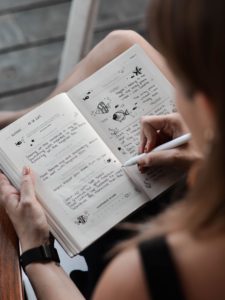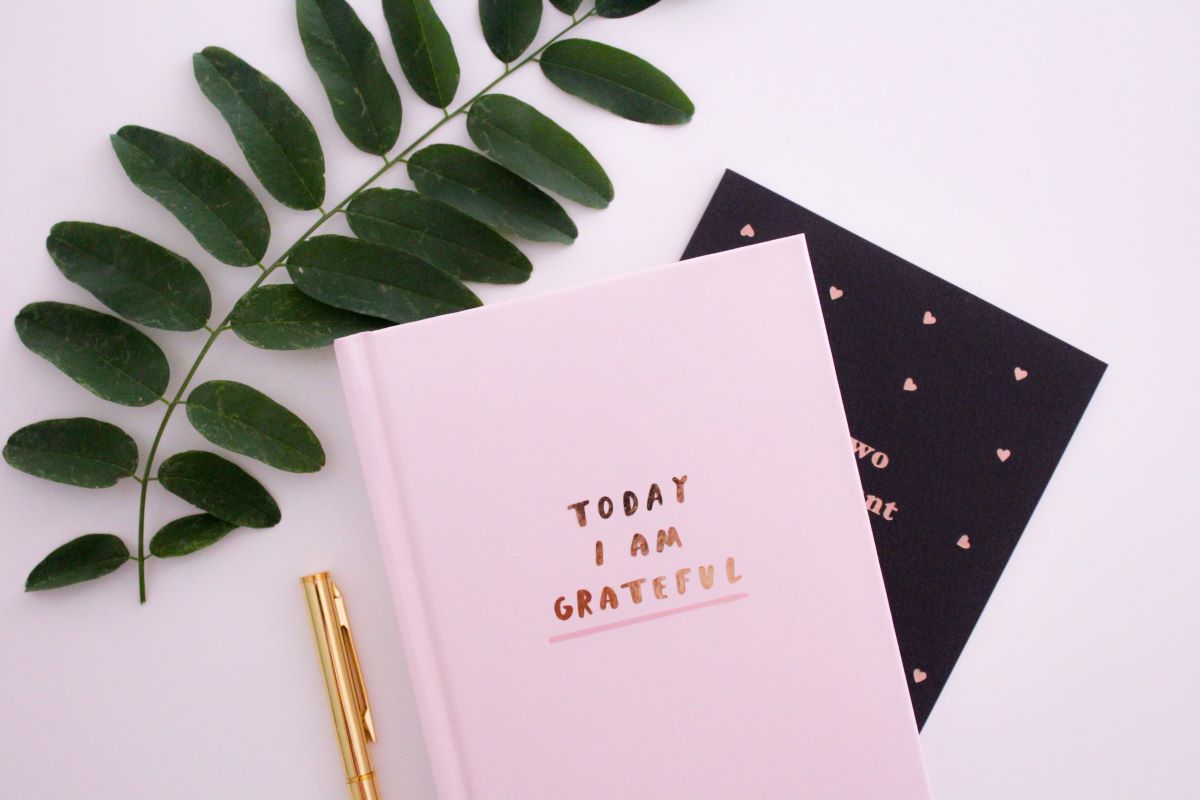I don’t doubt that you’ve heard of gratitude. Maybe you think of it as a feeling or something you “should” do or feel.
Have you thought of it as a tool you can practice with, develop a skill for and use to improve your wellbeing?
Read on to find out more.
What Is gratitude?
My favourite definition of gratitude is from a paper by Sirois & Wood published by the journal, Health Psychology in 2017:
“A life orientation toward noticing the positive in life, including both thankfulness to others and a wider sense of appreciation for what one has.”
I like the quote because it recognises that gratitude is not something we try to do like watching TV or painting a picture, but rather a way of thinking that we can practice and develop to improve our lives.
This research found that gratitude was associated with fewer depression symptoms over six months in people living with Inflammatory Bowel Disease and Arthritis.
Gratitude and HS
Many, if not most of us who live with Hidradenitis Suppurativa know that chronic pain and fatigue are a challenge, and so it can be hard to look past and see the positive.
Some people may feel that how gratitude is talked about dismisses their pain and struggles, making it difficult to express their very real and valid frustration and sadness to other people, making them feel lonely.
What Gratitude is not
On a particularly pain-filled-day, when all you want to do is vent and be comforted, someone might suggest to you that you should remember all you have to be grateful for, which isn’t very helpful, is it?
There is a time and a place for gratitude, and you are not going to feel like counting your blessings every day, that’s just part of being human. Gratitude should not make you feel bad for feeling down and it is not for remembering how much worse others may have it. It’s not a competition because gratitude is something you practice for yourself to keep your spirits up and to motivate you.
Three ideas for practicing gratitude
1. Keep a journal.

Sit down at the end of the day and write three good things that happened today. If you have more, don’t choose, write them all down. On days you can’t think of anything, take out your journal anyway. Read through old entries, maybe decorate the pages. This will remind you that good things do happen and will happen again. The key is to keep in contact with the process even if you feel like you are not making progress, you are still making time for it.
2. Start a Gratitude Jar

This one is a Pinterest favourite around new years, but you can start it anytime and put your time frame on it. This is how it works:
Every time something good happens, write it on a piece of paper and put it in an empty jar. Add positive things to the jar when they happen. After a previously decided period (a month, a year etc) open the jar and read all the little notes you’ve made. Alternatively, when you are feeling down, open it and read away. There are no rules with this. This is a nice little way to remind you of all the positive little things that have happened in your life.
3. Pay attention to your surroundings

As I was writing this article, there were two pigeons on the roof across the way from my flat. They were grooming each other, and it was very sweet. I watched for a little while, smiled and went back to writing.
This was a very small scene in my very busy day. The point is that the positive things you might notice don’t have to be big or lifechanging. There are probably dozens of opportunities in a day, you must keep looking for them.
Think of all the little things that you notice and then forget or don’t think too much about, what’s going on outside your window, that joke someone tells that isn’t funny, but they make you laugh anyway or the nice meal you will have this evening.
Gratitude and hidradenitis suppurativa
Living with chronic illness can be all-consuming. It’s easy to forget that there are a lot of little wonderful things worth seeing. Who could blame you? It’s tough and you won’t get it perfect the first few times.
That’s why it’s called a practice.
Look for the small things, think of the big things and save them for later. The only thing that matters is that it makes you happy, that’s what gratitude is all about.
Author Bio

Shannon is a psychology and sociology student from Ireland. She is also living with HS and has a keen interest in lifestyle, wellbeing, and Hidradenitis Suppurativa.


